
It happens that we witness situations that go against what we would expect; what we see is totally different from the usual way.
At such times, someone can exclaim: “It’s the world upside down!”
I suppose that the last verse of this Sunday’s gospel (Mt.20:1-16) would lead us to say the same as we hear:
“The last will be first, and the first will be last.”
With God, it seems to be the reality in so many ways! A world… upside down!
It is a world where:
- the sick can touch the Master and be cured
- the lepers are not kept at a distance
- the sinners are not condemned without an offer of forgiveness
- the children are not sent away by adults too serious
- the Law is at the service of people, not the other way around.
It is a world where the lowly, the impure, the outcast, the rejected, the unworthy are accepted and saved.
A world where… we, too, would feel welcomed – if we accept to take on Jesus’ way.
This way – God’s way – the prophets had spoken about it in his name (1st reading: Is.55:6-9).
Jesus came to live it in our midst inviting us to follow him on this way.
A world upside down but… where it is so good to live!
« The kingdom of God », nothing less!
Note: Another reflection on a similar theme in French can be found at: https://image-i-nations.com/25e-dimanche-de-lannee-a-2020/
Source: Image: World of Empowerment
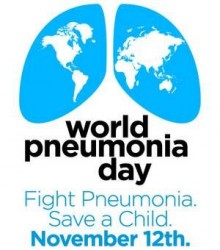 World Pneumonia Day is annually held on November 12 to raise awareness of pneumonia, promote prevention and treatment, and generate action to fight the illness.
World Pneumonia Day is annually held on November 12 to raise awareness of pneumonia, promote prevention and treatment, and generate action to fight the illness.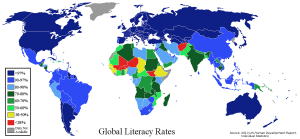
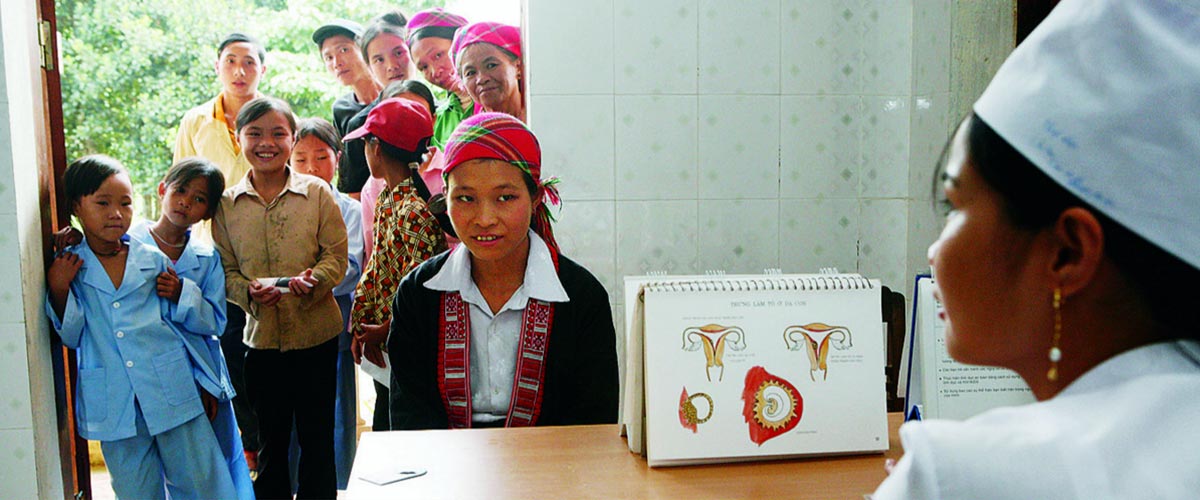 The United Nations’ (UN) World Population Day is annually observed on July 11 to reaffirm the human right to plan for a family. It encourages activities, events and information to help make this right a reality throughout the world.
The United Nations’ (UN) World Population Day is annually observed on July 11 to reaffirm the human right to plan for a family. It encourages activities, events and information to help make this right a reality throughout the world.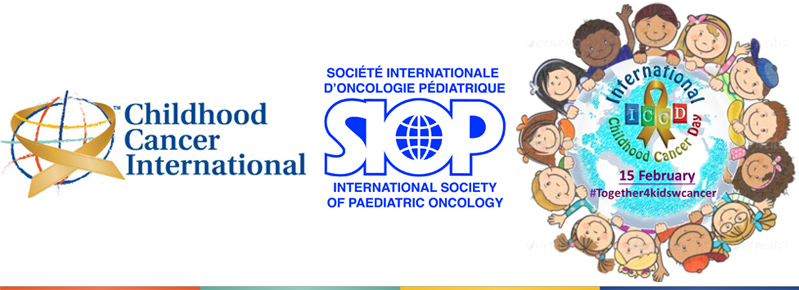


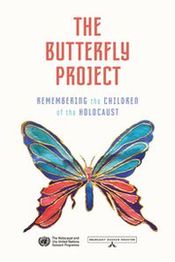 the Holocaust”
the Holocaust” 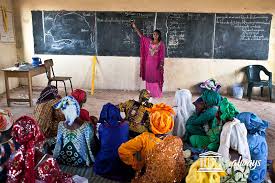 According to UNESCO, about 774 million adults lack the minimum literacy skills. One in five adults is still not literate and two-thirds of them are women. About 75 million children are out-of-school and many more attend irregularly or drop out. However, literacy is also a cause for celebration on the day because there are nearly four billion literate people in the world.
According to UNESCO, about 774 million adults lack the minimum literacy skills. One in five adults is still not literate and two-thirds of them are women. About 75 million children are out-of-school and many more attend irregularly or drop out. However, literacy is also a cause for celebration on the day because there are nearly four billion literate people in the world. Children orphaned by AIDS are just a fraction of the problem, as millions more have been made vulnerable. Behind the statistics are millions of stories of human suffering. The AIDS crisis has a catastrophic impact on households and communities – deepening poverty and exacerbating hardships. More than 95 percent of children affected by AIDS, including orphans, continue to live with their extended families. However, these families are increasingly overwhelmed by poverty and struggle to protect and raise the children in their care.
Children orphaned by AIDS are just a fraction of the problem, as millions more have been made vulnerable. Behind the statistics are millions of stories of human suffering. The AIDS crisis has a catastrophic impact on households and communities – deepening poverty and exacerbating hardships. More than 95 percent of children affected by AIDS, including orphans, continue to live with their extended families. However, these families are increasingly overwhelmed by poverty and struggle to protect and raise the children in their care. breadwinner – to live a peaceful life after a hard day’s work: ladies were supposed to be the « angels of the house », caring for the family.
breadwinner – to live a peaceful life after a hard day’s work: ladies were supposed to be the « angels of the house », caring for the family.